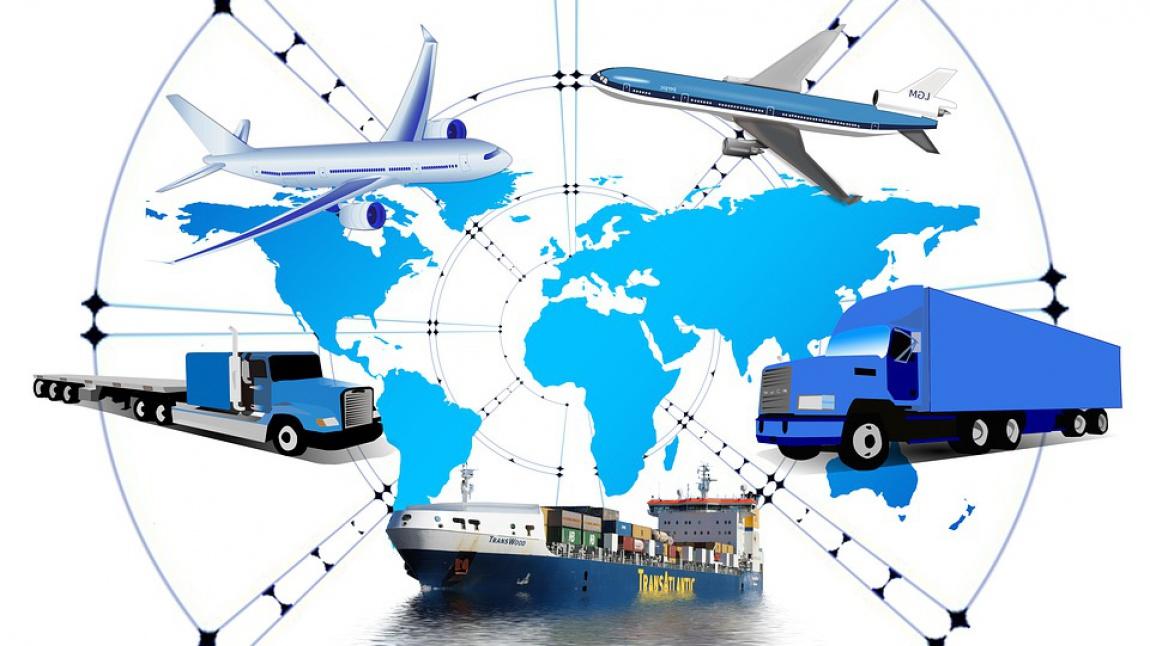Logistics Services in Turkey: Enhancing Global Connectivity
Turkey, strategically located at the crossroads of Europe and Asia, has emerged as a key player in the global logistics industry. With its rapidly growing economy, modern infrastructure, and strategic geographical position, Turkey offers a wide range of logistics services that facilitate trade and connectivity on a global scale. In this article, we’ll explore the logistics landscape in Turkey, highlighting key services and the country’s role in the global supply chain.
Strategic Location and Infrastructure:
Turkey’s geographical location between Europe, Asia, and the Middle East makes it an ideal hub for logistics and transportation. The country’s extensive network of roads, railways, ports, and airports provides seamless connectivity to major markets worldwide. Istanbul, with its strategic location on the Bosphorus Strait, serves as a vital maritime gateway linking the Black Sea to the Mediterranean.
Port and Maritime Services:
Turkey boasts several major ports along its coastline, including those in Istanbul, Izmir, Mersin, and Gemlik. These ports handle a significant portion of the country’s maritime trade, serving as key hubs for container shipping, bulk cargo, and Ro-Ro (roll-on/roll-off) services. The Port of Istanbul, in particular, is one of the busiest transit points for goods moving between Europe and Asia.
Air Cargo and Freight Services:
Turkish airports, such as Istanbul Airport and Atatürk Airport, offer extensive air cargo facilities and services, handling millions of tons of freight annually. These airports serve as major air cargo hubs, offering efficient connections to destinations around the world. With the expansion of Istanbul Airport, Turkey aims to further enhance its capabilities in air cargo handling and logistics.
Road and Rail Transport:
Turkey’s well-developed road and rail networks play a crucial role in domestic and international logistics. The country’s extensive highway system connects major cities and industrial zones, facilitating the movement of goods within the country and across borders. Additionally, Turkey’s rail network provides an efficient alternative for transporting freight, particularly for long-distance and intermodal transportation.
Customs and Trade Facilitation:
Turkey has implemented various initiatives to streamline customs procedures and facilitate trade, including electronic customs systems and simplified import/export processes. These measures aim to reduce administrative barriers, enhance transparency, and improve the efficiency of cross-border trade, making Turkey an attractive destination for logistics and supply chain operations.
Conclusion:
Turkey’s strategic location, modern infrastructure, and efficient logistics services position it as a key player in the global supply chain. With its extensive network of ports, airports, roads, and railways, Turkey offers seamless connectivity and trade facilitation opportunities for businesses operating on a global scale. As Turkey continues to invest in its logistics infrastructure and services, it is poised to play an even greater role in enhancing global connectivity and trade.





